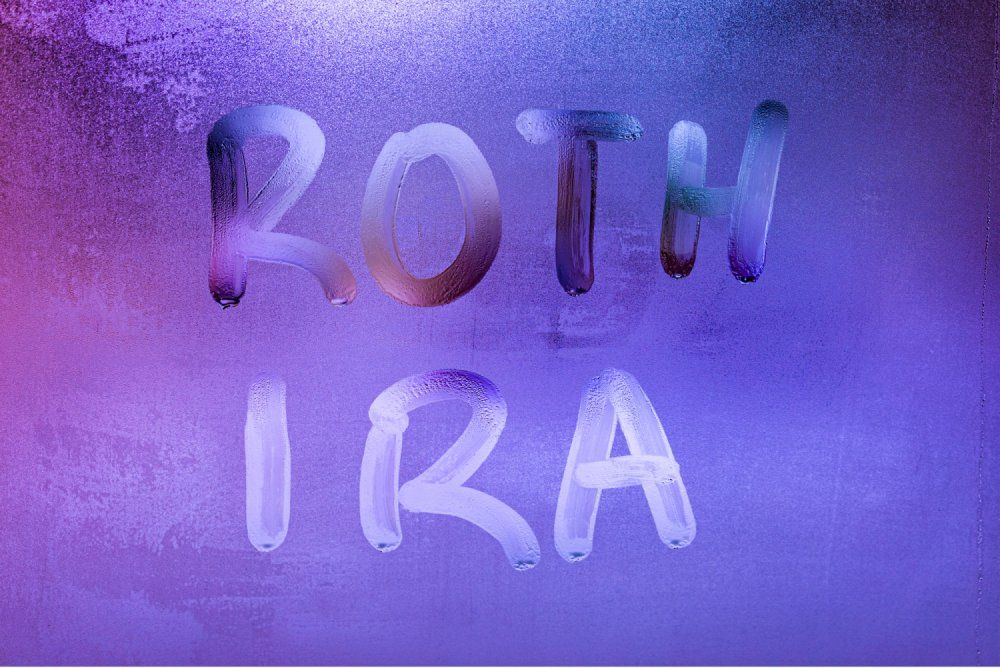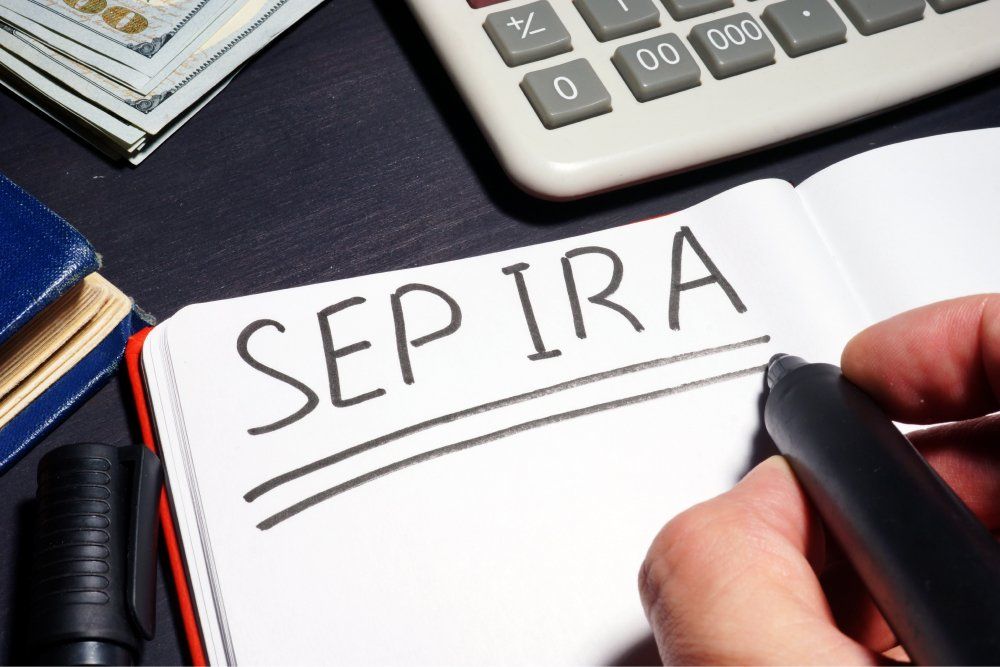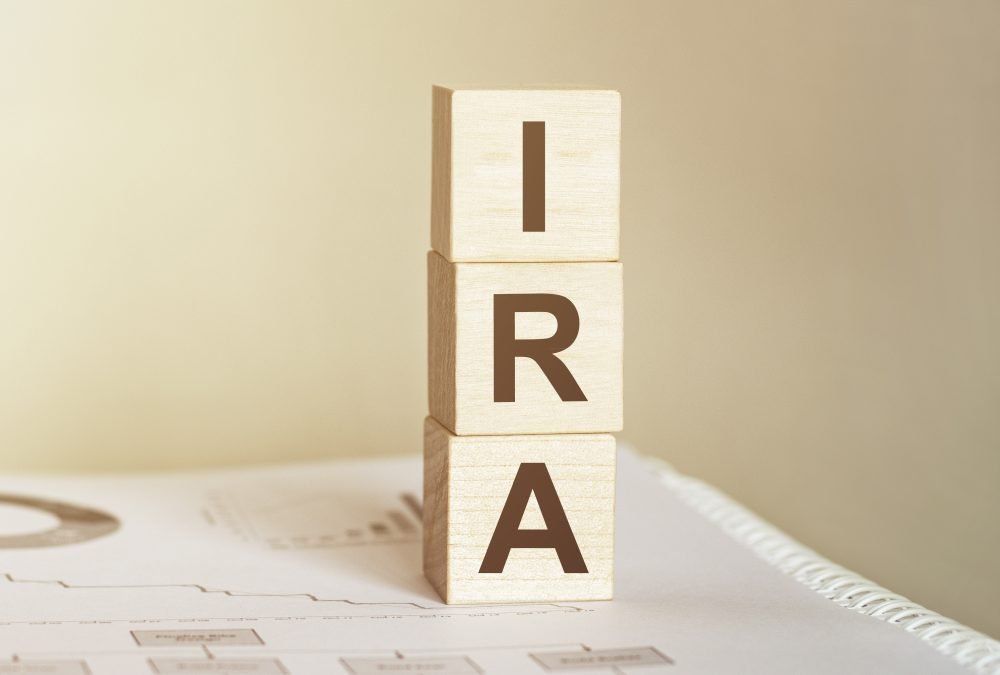Roth IRA
A Roth IRA allows owners to establish tax-free savings for retirement with access to their contributions earlier should they need it. The terms used when describing Roth IRAs are very specific. It is essential to understand which dollars are tax-free and which dollars are taxable if you access the money before age 59 ½. If you accidentally take out more than your contributions into your Roth IRA, it could hinder years of tax-free growth.
Who can contribute to a Roth IRA? The general rule is that anyone with earnings from wages can contribute to a Roth IRA. To contribute to a Roth IRA, you must make less than $124,000 if you are single or $196,000 if you are married and are filing jointly. The contribution limit for 2020 is $6,000, or $7,000 if you are 50 years or older. However, if you made less than $6,000 of earned income, that amount becomes your contribution limit.
For example, suppose a young person only earned $3,500 working a part-time job for the year but was given an additional $5,000 from a grandparent. Despite having received $8,500, this person’s contribution limit would still be limited to $3,500 because they can only contribute up to the amount of their earned income from wages. Grandparents can even contribute their own money to the grandchild’s Roth IRA, but the limit would be $3,500.
Assuming you are eligible to make a Roth contribution, what happens if you need to access the money you’ve invested before you reach age 59 ½? First, it is important to remember that you can always access your contributions to a Roth IRA. However, this ability does not include the money accrued from growth in the account.
For example, if you contributed the $6,000 maximum for five years, you would be able to access that $30,000 without any taxes or penalties. However, If your account gained $12,000 off that $30,000 contribution, you are still only able to take out what you contributed. So even though your account sits at $42,000, you will need to keep that $12,000 in the account until age 59 ½ to avoid paying taxes and penalties.
What if you need to access those earnings early? The general rule is that you must wait five years, or your earnings will be taxed. However, there are nine special circumstances in which you can pull out the gains in your Roth IRA before the five-year wait period and be taxed but avoid the 10% penalty. If you wait five years before accessing your account’s earnings, you can avoid paying either income taxes and the 10% early withdrawal penalty, or both depending on the circumstances.
For example, if you have had the earnings in your account for more than five years, you can access the money without paying income taxes or the 10% early withdrawal penalty if the funds are spent on or after:
- Attainment of age 59 ½
- Death
- Disability
- First home purchase (up to $10,000)
If you have held the earnings in your account for more than five years, you can access the funds without paying a 10% early withdrawal penalty but will need to pay income taxes if the funds are for:
- Medical expenses greater than 7.5% of AGI
- Medical insurance premiums while unemployed
- Substantially equal periodic payments
- Qualified higher-education expenses
- Up to $5,000 for birth or adoption expenses
The information above is just a fraction of what you should consider before opening a Roth IRA. The Roth IRA is a fantastic individual retirement account for many, but it is not for everyone. Other investment vehicles out there provide even more flexibility, different tax benefits, and are more specialized. If you have been saving and want to invest your money to get you closer to your financial goals or have questions about saving for retirement, please contact one of our advisors.
Can We Help?
The Twin Rivers team wants to guide you on your journey to financial success. If you have any questions about the topics above or would like to discuss any financial decision you are facing, please do not hesitate to contact our team.











